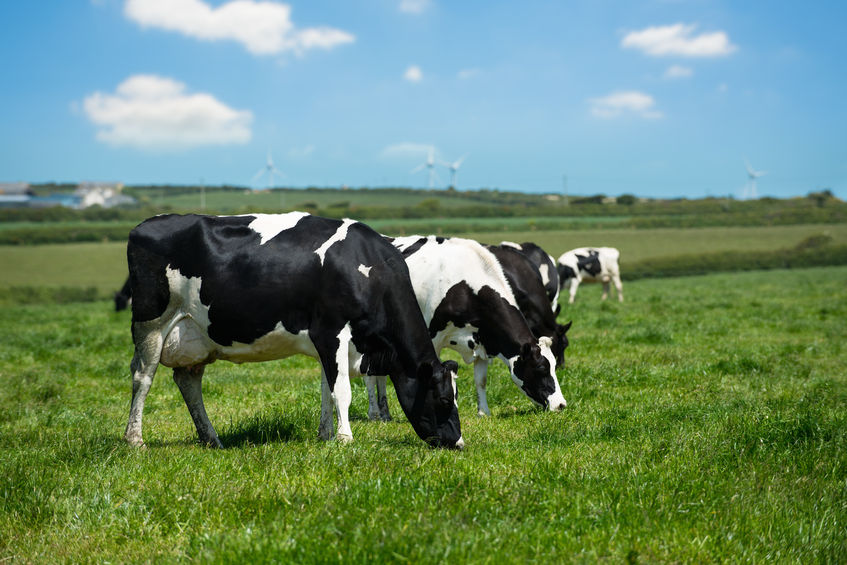
Nearly one in 10 dairy farmers are likely to stop producing milk by 2025 as insufficient returns and volatile markets impact the sector, the NFU has warned.
Farmers are 'thinking seriously' about their future due to numerous concerns, including the scale of on-farm investment, the union said as it published findings to its Dairy Intentions Survey.
The survey of nearly 600 dairy farmers’ intentions reveals 9% of producers believe they are likely to stop producing milk by 2025 – up from 7% last year.
And a further 23% of farmers who responded said they were "unsure" if their business would continue producing milk beyond 2025.
Most (87%) said they were "concerned" about the impact of government regulation, with feed prices (84%), energy prices (83%) and cash flow and profitability (80%) other key factors that would curtail milk supplies.
Meanwhile, 91% of dairy farmers said the main factor to them increasing milk production would be the scale of investment needed for things such as suitable slurry storage to ensure their farms are compliant.
This finding supports the NFU call for Defra’s Slurry Infrastructure Grant to be extended to cover more areas and to lower the minimum spend threshold needed to access the funding.
Responding to the survey results, NFU dairy board chair Michael Oakes said there was a "crisis of confidence" among Britain’s dairy farmers.
“It’s clear that significant inflationary pressures combined with below cost of production prices are continuing to put the resilience of British dairy farming businesses under threat.
“The results of this survey show that, now more than ever, we need resilient and collaborative dairy supply chains. It’s vital we reverse this trend of boom or bust and invest in our supply chains."
New industry-wide regulation on contracts, expected to be introduced later this year, aiming to support fairer, more transparent and accountable supply chains.
The rule changes will enable farmers to challenge prices, stop contract changes being imposed without agreement, and ensure farmers are able to more easily raise concerns.
However, the NFU said regulation wasn't "a silver bullet", and that it was 'imperative' for the government to work with the sector.
Mr Oakes added: “With increasing global demand for British dairy, we know that the long-term future is bright for our sector.
"To ensure we maximise this potential, it’s imperative that government continues to work with us to ensure we have the right environmental, regulatory and trade framework in place to support the production of high quality, nutritious and sustainable food.”
The NFU Dairy Intentions Survey asked the union's members to fill out a survey to help capture their plans to increase, decrease, or stop milk production and the main reasons why.
The survey, undertaken by 590 dairy farmers, was carried out between 5 July and 30 July 2023.
